LSE’s Library series for “LSE Women: making history” highlights women’s stories in some of the archives and special collections held at LSE. Gillian Murphy shares images of the Boer War from the archives of Millicent Garrett Fawcett and Lucy Deane. Posts about LSE’s Library explore the history of the Library and its collections.
LSE Library holds the diaries of Millicent Garrett Fawcett and Lucy Deane which provide detailed accounts of their investigations of the Boer camps. There are also photographs of what they saw. Some of this material was on display in the Library exhibition Women, Peace and Equality.
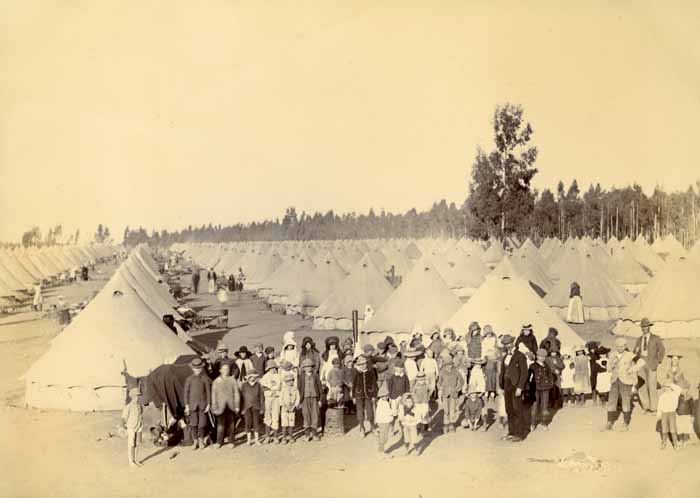
At the turn of the 20th century, Millicent Garrett Fawcett had been campaigning for women’s suffrage for over 30 years. Another event was to occupy Millicent’s attention. During the winter months in South Africa, British authorities began to burn Boer farms and homesteads in the Second Boer War. This was an attempt to weaken support for Boer resistance which left Boers starving and homeless. The British concentrated the Boers into 34 camps but the camps were managed badly and thousands of civilians, mainly women and children, died from lack of space, food, sanitation and medicine.
News of the terrible situation in South Africa reached Britain in the summer of 1900. Emily Hobhouse, so incensed by this news, decided to go independently to South Africa to investigate the conditions in the camps herself. She wrote a report about the conditions and made recommendations for improvement. She presented this to the government in June 1901.
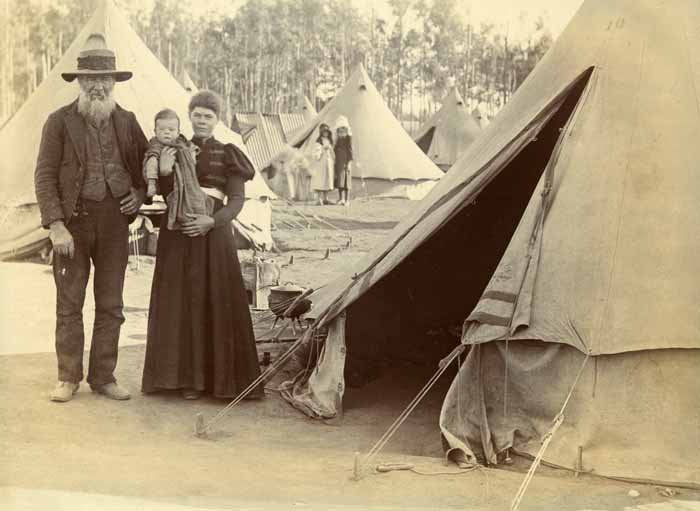
The government believed Emily was exaggerating. They established a commission of six prominent women to investigate Emily’s report and to make their own recommendations. Millicent Garrett Fawcett led the commission and was accompanied by Lady Knox, Dr Jane Waterston, Dr Ella Scarlet, Katherine Brereton and Lucy Deane. The Ladies’ commission supported the war effort and accepted official statements of the government’s good intentions. The commission spent four months in South Africa travelling by train and visited nearly all the camps. Its report of February 1902 confirmed Emily’s observations and made much the same recommendations for improvement.
The Boers finally surrendered in May 1902.
Posts about LSE Library explore the history of the Library, our archives and special collections.


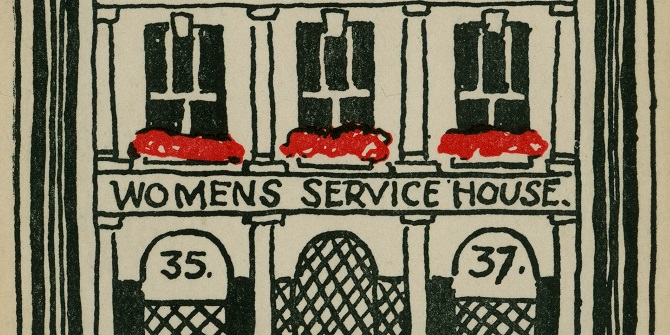
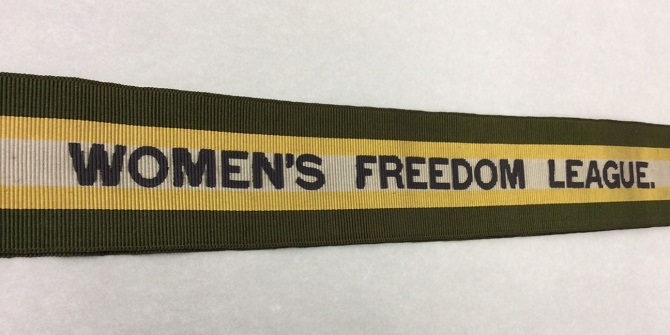
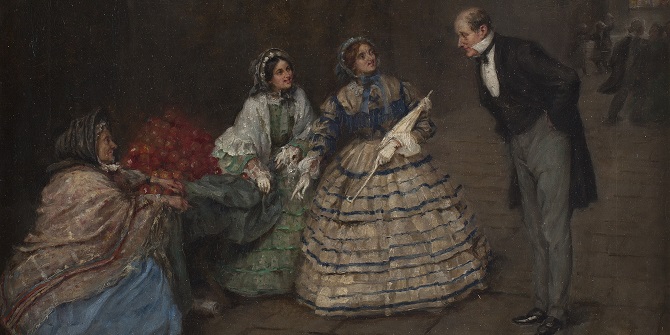
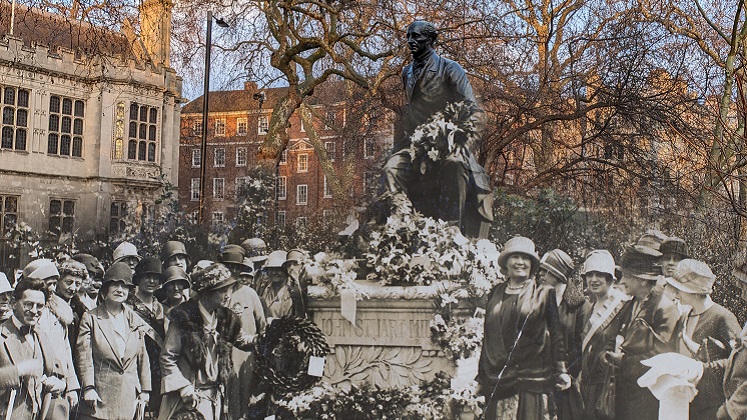
Can you ask Gillian Murphy to contact me as it suits her ‘
I am a 16th gen Safrikan and would love to discuss and fnd more INFO
kind regards
r
I am interested in the work of Millicent Fawcett and the Commission she led in South Africa investigating the conditions of the Boer ‘inmates of concentration camps.I am particularly concerned to ensure that I describe accurately their day to day experiences as they travelled by train looking at camp conditions.
I am writing a (third) novel in a series about an officer in the Rifle Brigade.He comes from a relatively enlightened and liberal family and I am including a sister who is tending towards Suffragist sympathies.
As a former teacher of history I am keen to ensure that my novels entertain but are also historically accurate..